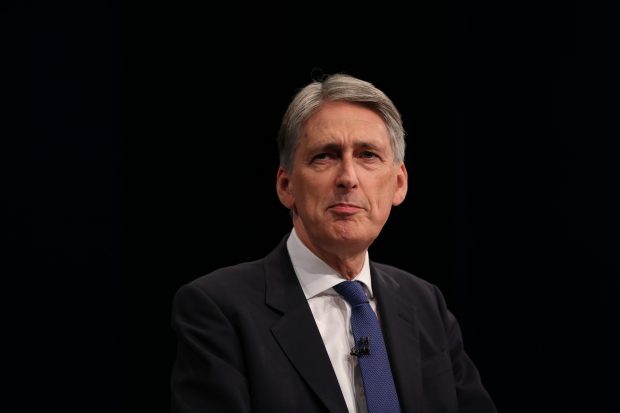Philip Hammond started his autumn statement to the House of Commons by saying his style would be rather different to George Osborne’s. Yet the Chancellor still had a rabbit to pull out of his hat at the end — albeit one designed to show he wasn’t a political meddler like previous holders of his job by saying there would no longer be two economic statements involving changes to fiscal policy ‘for the sake of it’ — and even continued Osborne’s practice of announcing money to restore a historic building.
While his statement still had a clear political message about helping the ‘Jams’, telling the Commons that ‘the announcements I have made today lower taxes on working people; boost wages; back savers; and bear down on bills’ and that the government was ‘determined in our ambition to build a country that works for everyone’, it had less of a political theme. There were no obvious elephant traps of the order that George Osborne enjoyed setting for Labour (though perhaps this is because after boasting to everyone about their whereabouts, the former Chancellor had an embarrassing tendency to fall into those traps). Perhaps this was because there is little point in kicking Labour when its leader is 28 points behind Theresa May on the question of who would make the best Prime Minister.
In policy terms, the most interesting section of the statement was on solving Britain’s productivity puzzle, and Hammond’s lines on when the government might intervene in markets. ‘We will always support a market led approach,’ he said. ‘But we will not be afraid to intervene where there is evidence of market failure.’ This included the energy market and the rental market, where the biggest retail offer from today’s statement was targeted, with a ban on letting agents’ fees. Hammond announced a National Productivity Investment Fund of £23 billion which will be spent on research and development, housing, transport and infrastructure. The increase in infrastructure spending and the commitment to invest between 1 per cent and 1.2 per cent of GDP in economic infrastructure makes it difficult to describe Hammond’s Treasury as being particularly laissez-faire.
It is also difficult to describe Hammond as being overly gloomy in his statement to the Commons. He has annoyed Cabinet colleagues by being so brutally honest about what he sees as being the economic consequences of Brexit, but he stuck to telling MPs that ‘our task now is to prepare our economy to be resilient as we exit the EU’, which was hardly doom-mongering.
If his aim was for a politically placid, relatively low-key statement to the Commons, then Hammond has succeeded. But regardless of whether you’re a cunningly political operator like Osborne or an apolitical fellow like Hammond, every economic statement can appear successful for a couple of hours, only to crumble when the detail in the official Treasury documents — and the Institute for Fiscal Studies’ analysis tomorrow — emerges.







Comments